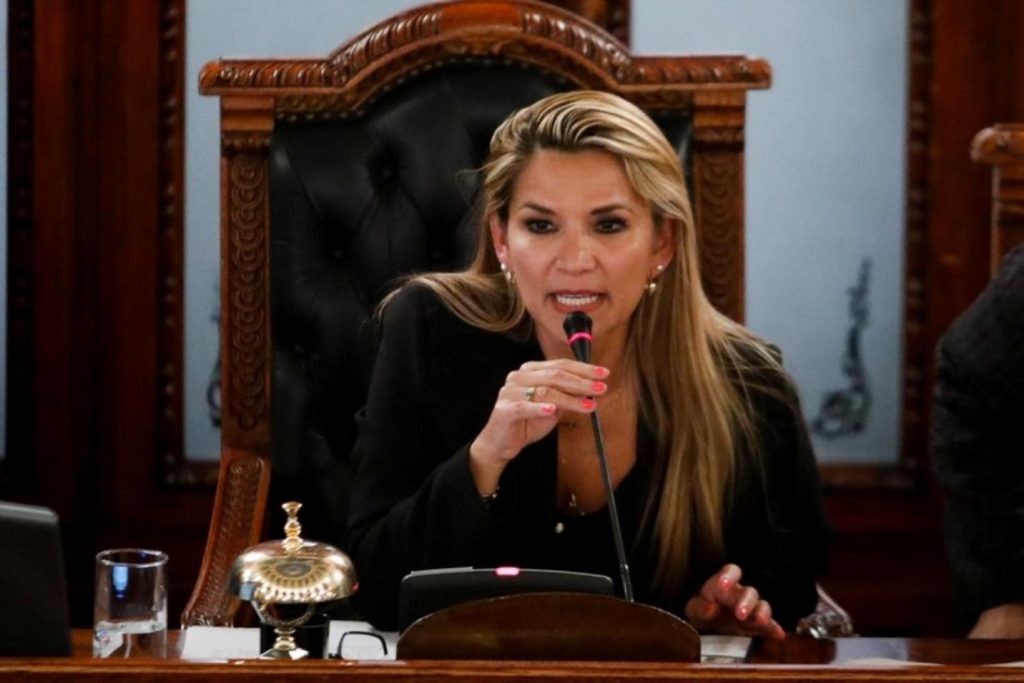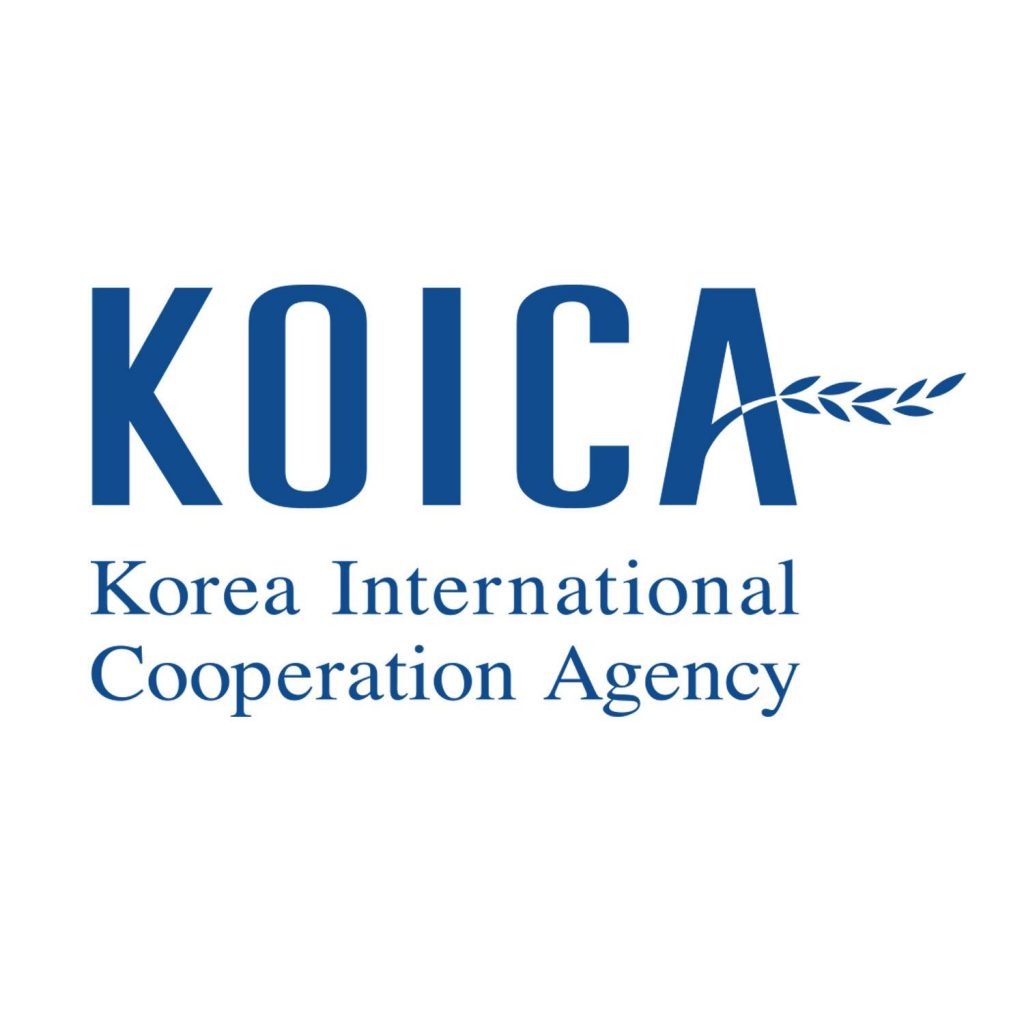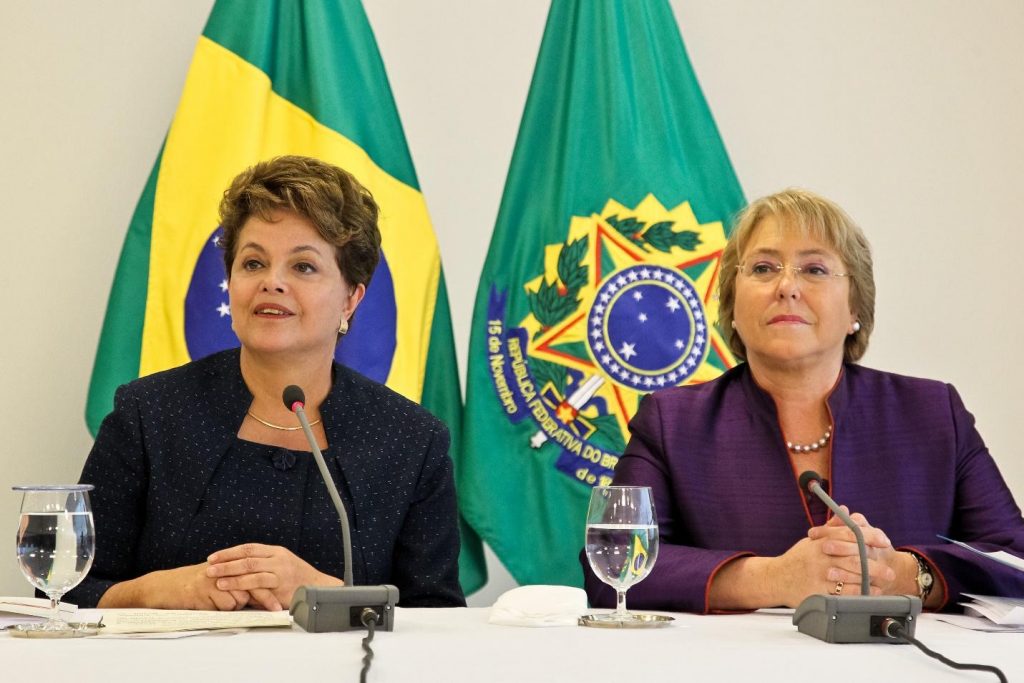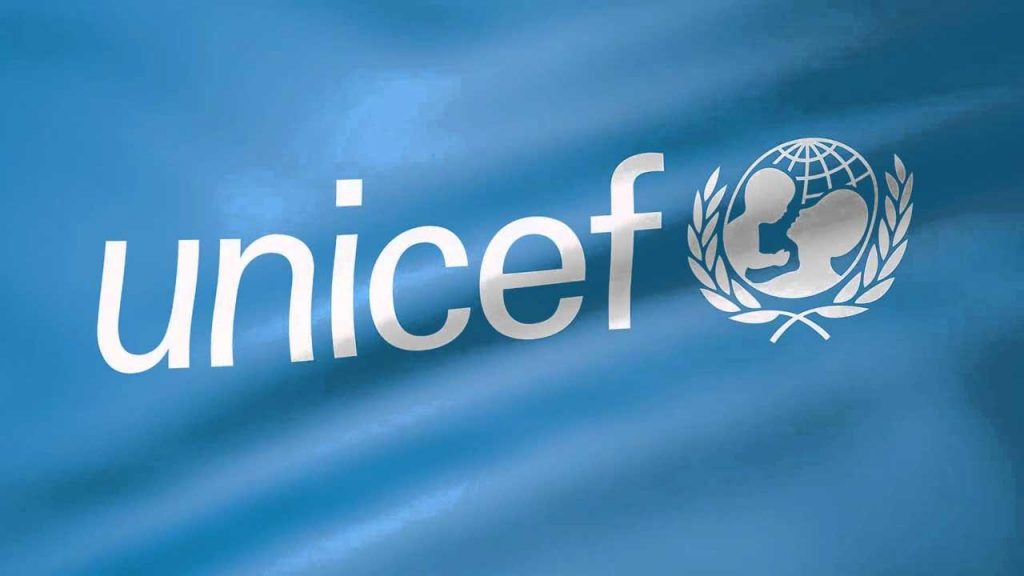Bolivian opposition senator Jeanine Áñez has declared herself interim president of the South American country following Evo Morales’ resignation. Ms Áñez said she was next in line under the constitution and vowed to hold elections soon. Her appointment was endorsed by Bolivia’s Constitutional Court. Lawmakers from Mr Morales’ party boycotted the session, and the former president branded Ms Áñez “a coup-mongering right-wing senator”. Mr Morales has fled to Mexico, saying he asked for asylum there because his life was in danger. He resigned on Sunday after weeks of protests over a disputed presidential election result. He has said he had been forced to stand down but had done so willingly “so there would be no more bloodshed”. How did the senator become interim president? Ms Áñez, 52, is a qualified lawyer and a fierce critic of Mr Morales. She was previously director of the Totalvision TV station, and has been…
KOICA Supports Rural Women Affected By Conflict in Colombia
The United Nations World Food Programme (WFP) welcomed a contribution of US$4.5 million from the Korea International Cooperation Agency (KOICA), which will support rural women in areas affected by the conflict in Colombia. The funds will help to promote rural women’s economic independence and boost crop productivity. In collaboration with the Colombian Ministry of Agriculture and Rural Development, WFP will support 45 associations of smallholder farmers affected by the internal conflict. WFP aims to assist 1,860 families or 7,440 people in the departments of Cauca, Chocó, Nariño and Valle del Cauca. “The Republic of Korea’s support will have a positive and transformative impact on the lives of women, helping them to achieve food security in a sustainable manner,” said WFP Country Director in Colombia, Carlo Scaramella. “Korea is a key partner of WFP’s work on the triple nexus of humanitarian assistance, development and peacebuilding.” The project contributes to the broader…
Latin America’s Female Leaders Seek to Make Up for Setback in Roles
Not long ago, in 2014, Latin America had four female presidents: Laura Chinchilla in Costa Rica, Cristina Fernández de Kirchner in Argentina, Dilma Rousseff in Brazil and Michelle Bachelet in Chile. Today, there are none, and leaders in the region are pushing for more women to secure top leadership positions so that gains in the political arena are not lost. Three female Latin American leaders — Peruvian Vice President Mercedes Aráoz, Honduran Vice President Olga Alvarado and Bogota Councilwoman Angela Garzón — spoke on the issue Friday at Ana. G. Mendez University in Miami. They shared their experiences as women in politics and analyzed advances and setbacks of gender in leadership roles throughout international organizations, and national and local governments. Though there are currently no female heads of state in Latin America, there are several vice presidents and there is an increase of women in parliamentary bodies. “The empowerment of…
UNICEF and UNFPA join hands to support women, girls and children in Venezuela
The United Nations Children’s Fund (UNICEF) and the United Nations Population Fund (UNFPA) today signed a collaboration agreement to strengthen their cooperation in response to the humanitarian needs of children, adolescents, mothers and pregnant women in Venezuela. In the past months, both United Nations agencies have been scaling up their humanitarian aid and development programs in Venezuela. Through this agreement, UNICEF and UNFPA will share information and technical resources in essential areas such as health, nutrition, child protection, water, hygiene and gender-based violence (GBV). Their strengthened collaboration will help meet the needs of children, adolescents and women more effectively. “The situation in Venezuela urgently requires United Nations agencies to increase their cooperation in a coordinated and effective manner,” said Maria Cristina Perceval, UNICEF Regional Director for Latin America and the Caribbean. “This agreement will allow UNICEF and UNFPA to work together to reach more children and pregnant women with coordinated…
Olympus Partners with Bentley University’s Centre for Women and Business to Drive Diversity and Inclusion
Olympus Corporation of the Americas (OCA) announced today a new partnership with Bentley University’s Gloria Cordes Larson Center for Women and Business (CWB) to address issues affecting workplace diversity and inclusion (D&I) and to identify actionable solutions. As a member of the CWB Executive Working Group, Olympus will engage with topical experts and practitioners to explore policies, processes, and programs that drive real change. “Our participation in the CWB reflects Olympus’ continued commitment to developing a more diverse workforce and fostering a climate of inclusion,” said Nacho Abia, President and CEO, Olympus Corporation of the Americas. “Benchmarking with other CWB partner companies will help further these important goals.” Olympus has aligned its organizational mission, core values, goals, practices and objectives to support growth and development in D&I. Enhancements to the company’s benefits portfolio demonstrate this commitment. The Dave Thomas Foundation named Olympus among the 100 Best Adoption-Friendly Workplaces in the…
More Women vie for political office in 2018 elections in Brazil
Andrea Werner is the mother of a 10-year-old autistic child. It was because of Theo that she became an activist for the rights of special-needs children and created a blog for them and their families. As her name grew in popularity, two political parties invited her to run for office this year. Andrea accept and will run as a left-wing Liberty and Socialism Party (PSOL) candidate—trying to win a seat in Brazil’s male-dominated Parliament. “It’s a battle but it’s ok. I am prepared and I am not afraid. More women should do this because the men there are not thinking about problems in our daily lives”, said Andrea. “When you see some countries that have more women working in the Congress, they worry more about health and education.” In 1997 Brazil enacted a law determining that the parties’ candidates list had to have at least 30 percent of women. However,…






